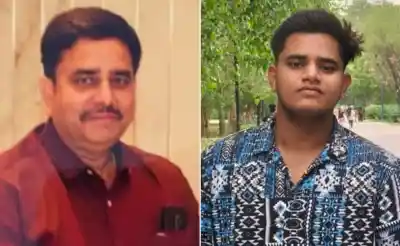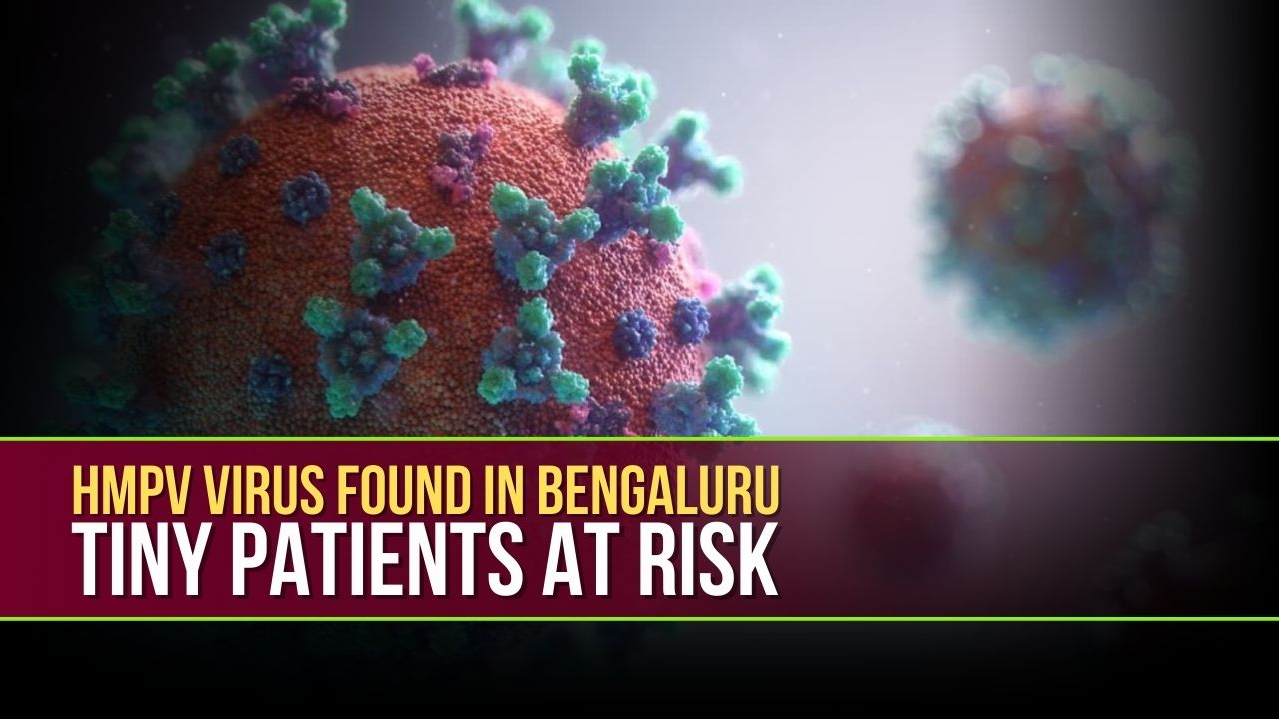

News just broke that two babies in Bengaluru, India, have been diagnosed with Human Metapneumovirus (HMPV). This might sound like just another complicated medical term, but it's a respiratory virus that's been making the rounds globally. What's got everyone's attention is that these tiny patients, a three-month-old girl and an eight-month-old boy, haven't been out of the country. Let's unpack what HMPV is all about and why it's making headlines.
What's the Deal with HMPV?
So, what exactly is this HMPV everyone's talking about? Human Metapneumovirus, or HMPV for short, is a respiratory virus that was discovered in 2001. It causes symptoms similar to the common cold or flu but can be more severe in some cases. It is typically diagnosed in children under the age of 11 and also affects elderly people. According to the data, about 0.7% of the flu samples are HMPV positive. While it's not a brand-new virus, detecting it in young children without a travel history raises some eyebrows.
Symptoms: What to Look Out For
HMPV infections can look a lot like your typical cold or flu. Think runny nose, sore throat, cough, and fever. In more severe cases, especially in young children, older adults, and people with weakened immune systems, it can lead to more serious issues like bronchiolitis (inflammation of the small airways in the lungs) or even pneumonia. The two little ones diagnosed in Bengaluru, for instance, had a history of bronchopneumonia – a type of pneumonia that affects both the bronchi and the tiny air sacs in the lungs.
Who is Affected by HMPV?
HMPV is a respiratory virus that predominantly affects two distinct age groups: young children, particularly those under the age of 5, and older adults. This is because these groups often have immune systems that are either still developing or have weakened over time, making them more susceptible to infections.
The Bengaluru Cases: A Closer Look
The cases that popped up at Bengaluru's Baptist Hospital involved a three-month-old girl and an eight-month-old boy. The little girl, thankfully, has already been discharged, while the baby boy, diagnosed recently, is still recovering. Importantly, neither of these infants had traveled internationally, suggesting that the virus might be circulating locally.
India's Response: Staying Vigilant
The Indian health authorities are keeping a close eye on the situation. The Karnataka Health Commissioner, Harsha Gupta, has reassured the public that there's no need to panic. He pointed out that HMPV cases have been identified in the past, and this isn't an unusual occurrence. The Indian Council of Medical Research (ICMR) is also on the case, monitoring respiratory illnesses across the country. They haven't seen any unusual spikes in flu-like or severe respiratory illnesses.
Global Perspective: China's Situation
There's been some buzz about HMPV potentially causing a rise in infections in China. The Union Health Ministry is staying on top of this, monitoring the situation through various surveillance channels. The World Health Organization (WHO) is also providing updates on the situation in China to keep everyone informed.
Precautions and Prevention: Staying Safe
Since HMPV spreads like many other respiratory viruses, the usual precautions apply:
A Reminder of Our Interconnected World
The detection of HMPV in two infants in Bengaluru serves as a gentle yet firm reminder of how interconnected our world truly is. Even without international travel, viruses can find their way into local communities. While there is no need for panic, this situation underscores the importance of robust public health surveillance systems and the need for ongoing vigilance when it comes to respiratory illnesses. It highlights the critical role of organizations like the ICMR and WHO in monitoring, responding to, and keeping the public informed about potential health threats. As we move forward, continued research, international collaboration, and public awareness will be key in managing and mitigating the impact of viruses like HMPV. It's a call to action for all of us to stay informed, take necessary precautions, and support the efforts of our healthcare professionals and scientists who work tirelessly to keep us safe.